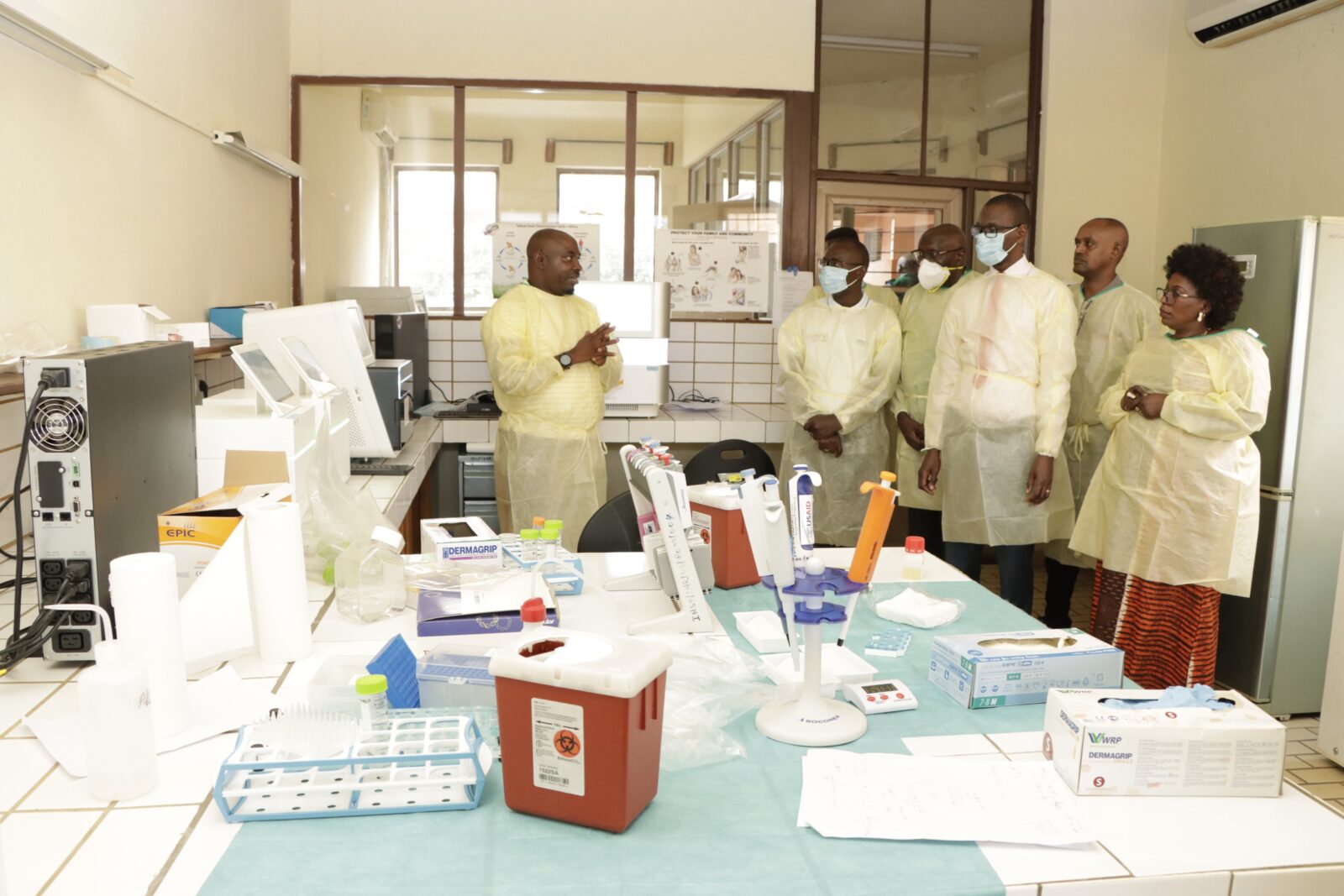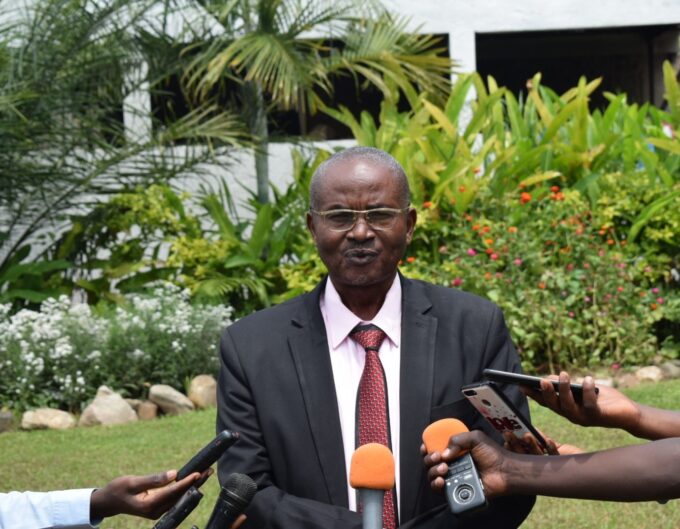Burundi’s Ministry of Public Health has reported over 2,000 Mpox (formerly known as monkeypox) cases in the past five months, as new diagnostic equipment arrives to aid in swift identification of the disease. The announcement was made by Olivier Nijimbere, the Permanent Secretary of the Ministry, during the reception of the diagnostic materials earlier on Monday.
The donation, provided by the Africa Centres for Disease Control and Prevention (Africa CDC), is expected to significantly improve the country’s ability to diagnose Mpox quickly, especially in remote provinces where the disease has spread since its first confirmed cases in July 2024. The diagnostic tools are seen as vital in controlling the outbreak, which has so far seen 2,858 confirmed cases, including one death and 284 people still hospitalized.
Nijimbere expressed gratitude for the donation, emphasizing the critical role the new equipment will play in enhancing diagnostic capacity, particularly outside the economic capital Bujumbura. The Ministry is optimistic that the advanced diagnostic tools will help in the rapid detection of new cases and streamline response efforts across the country.
However, Nijimbere also highlighted the urgent need for a shift in public attitude towards the disease. He stressed that Mpox is a serious health threat, and there has been a concerning decline in the enforcement of public health measures. Nijimbere urged the public to continue following preventive measures, including hygiene practices and avoiding close contact with infected individuals.
He also called on the population to seek medical help if they notice symptoms similar to those of Mpox. The Ministry has been working to raise awareness and ensure that the public understands the importance of early detection and treatment in managing the disease.
The donation, valued at approximately $300,000, is seen as a crucial step in the country’s efforts to contain Mpox and curb its spread. While the new equipment is expected to improve response efforts, local authorities continue to face challenges in addressing the disease’s spread, particularly in northern Bujumbura.
In this region, where concerns about Mpox have intensified, local authorities have shut down over 20 establishments, including guesthouses, bars, and churches, for violating hygiene standards. Northern Bujumbura has accounted for 359 of the confirmed cases between July and October 2024, representing 40% of the country’s total cases. Water shortages in areas like Kamenge have further complicated efforts to implement basic hygiene practices, raising concerns about the virus’s continued spread.
Mpox, a rare viral disease similar to smallpox but generally less severe, has been reported across Central and West Africa. The disease is primarily transmitted from animals to humans in tropical rainforest areas. The arrival of the new diagnostic equipment and the government’s heightened efforts are crucial to containing the outbreak and preventing further spread.








Leave a comment